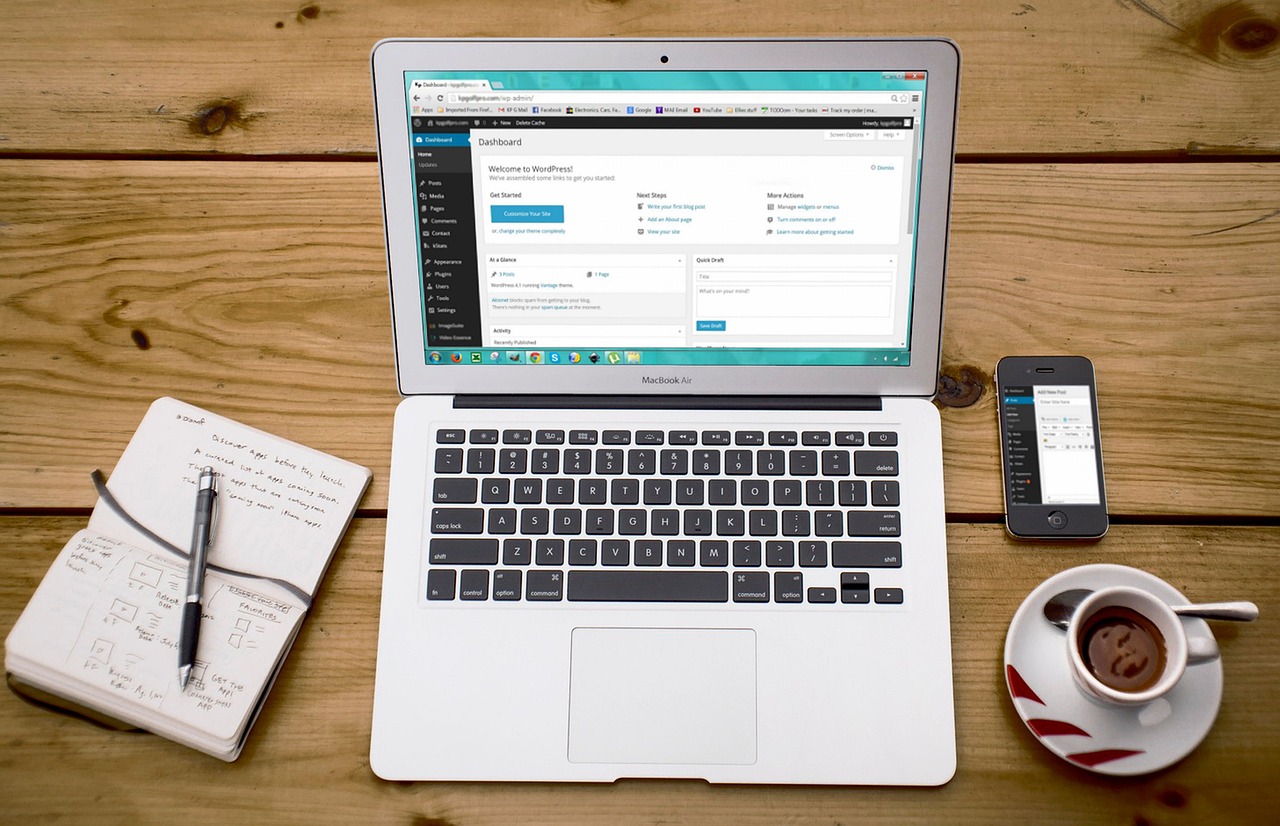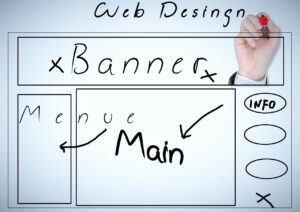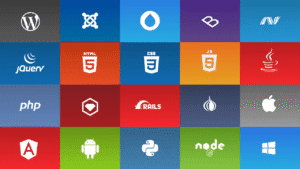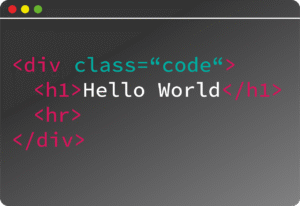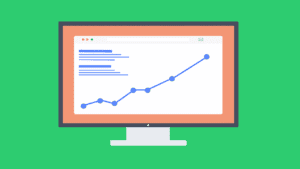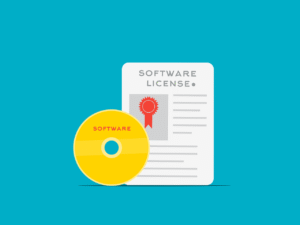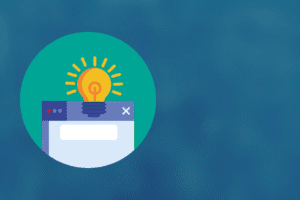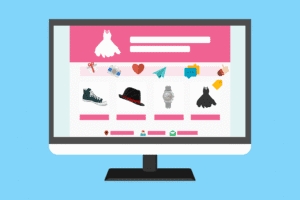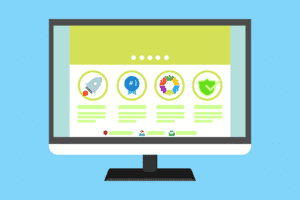
How to Choose the Perfect Website for Your Business: A Complete Guide
Introduction
Having a good website is more important than ever for any business. It helps you show who you are, attract customers, and grow your sales. But choosing the right website isn’t always simple. Many businesses pick the wrong platform or design, which can hurt their brand. A poor website can turn visitors away or make your business seem unprofessional.
This guide gives you a step-by-step plan to find the best website for your needs. It covers every part of the process, from understanding your goals to picking the right hosting. Follow these tips to make a smart choice that helps your business succeed online.
Understanding Your Business Needs and Goals
Define Your Business Objectives
Start by figuring out what you want your website to do. Do you want to sell products, get more leads, or build a brand? Your website should support these goals clearly. For example, a local coffee shop might want a website that shows their menu and lets customers book tables.
Write down what features will help you meet these goals. Maybe it’s a contact form, online store, or booking system. Knowing what you need is the first step to choosing the right website.
Identify Your Target Audience
Knowing who your visitors are makes a big difference. Are they young, old, tech-savvy, or casual shoppers? Their needs decide how your website looks and works.
For example, a bakery that wants to attract mobile users might build a simple, fast-loading site that looks good on phones. Ask yourself: what do my customers want, and how can my website give it to them?
Assess Your Budget and Resources
How much can you spend on your website? Remember, costs include setup, design, and ongoing updates. If your budget is small, platforms like Wix or Weebly might be best. Larger businesses might need custom websites with more features.
Think about your existing skills too. Do you have someone who can manage a complex site? Or do you need something easy to update? Balance your budget with your needs to pick the best option.
Evaluating Website Types and Platforms
Custom-Built Websites
Custom websites are made from scratch to fit your brand perfectly. They’re flexible, scalable, and designed to stand out. But they cost more and take longer to build. A big company or a complex service provider often needs a custom website to handle many functions.
Content Management Systems (CMS)
CMS platforms like WordPress, Joomla, and Drupal are popular choices. They offer lots of options to change and add features. They’re flexible and usually easy to learn. If you want control and customization, a CMS might be right for you.
Website Builders
Tools such as Wix, Squarespace, and Weebly focus on quick setups. They’re simple to use and cost less. These sites look good enough for small businesses or portfolios. But they don’t grow as well if your needs become bigger.
E-Commerce Platforms
Platforms like Shopify, BigCommerce, and WooCommerce help sell online easily. They handle payments, inventory, and orders smoothly. Small retail shops and startups love these because they get up and running fast. For example, a small clothing store used Shopify to grow their sales online.
Key Factors to Consider When Choosing a Website Solution
Design and Brand Representation
Your website should look professional and match your brand. It needs to be easy to read and visually appealing. Use consistent colors, fonts, and images. A startup’s sleek design can help attract customers and show trustworthiness.
User Experience and Navigation
Visitors must find what they want quickly. Make navigation simple. Use clear menus and a logical page order. Faster load speeds and mobile friendliness boost user satisfaction. Test your site during development to catch problems early.
Functionality and Features
List the features you need. Contact forms, chat support, SEO tools, and analytics are common must-haves. If you plan to grow, think about advanced features like booking systems or multi-language support. Prioritize features that give you the most value for your money.
Scalability and Future Growth
Choose a platform that can handle more traffic and content later. As your business grows, your website should grow with it. Look for scalable hosting and flexible platforms. An example is a SaaS company that switched to a more adaptable CMS as they expanded.
Security and Compliance
Security protects your business and customers. Make sure your site has SSL certificates and is kept updated. Staying compliant with laws like GDPR keeps your business safe and trustworthy. From day one, follow best security practices.
Maintenance and Support
Your website isn’t a set-and-forget project. Regular updates, backups, and prompt support keep it running smoothly. Pick a provider known for good customer service. Good support saves you time and headaches down the line.
Selecting the Right Hosting and Domain
Hosting Options
Hosting is where your website lives. Shared hosting is cheap but slower. VPS or dedicated hosting cost more but offer better speed and control. For high-traffic sites, choose better hosting to avoid slowdowns.
Domain Name Selection
Your domain is your web address. Pick something simple, memorable, and relevant to your brand. Use keywords if possible but avoid long or complicated names. Check trademarks before registering your domain to avoid legal issues.
Making the Final Decision
Comparing Vendors and Platforms
Create a list of features you need. Compare prices and reviews. Look at real-world case studies to see how others succeeded. Use checklists to ensure you didn’t miss anything.
Testing and Trial Periods
Many platforms offer free trials. Use these to test how easy they are to use and how well they meet your needs. During trial, explore customization, support, and performance.
Consulting Experts and Feedback
Ask professionals or agencies for advice. Talk to colleagues or customers too. Their feedback can highlight things you might miss. Experts can help you avoid costly mistakes.
Conclusion
Choosing the right website starts with understanding your goals. Know your audience, set your budget, and pick a platform that matches your needs. Remember, your website should grow with your business. Invest in a solution that offers flexibility, good design, and security. Start with a clear plan, and don’t hesitate to ask experts for help. Your online presence is a crucial part of your future success.

